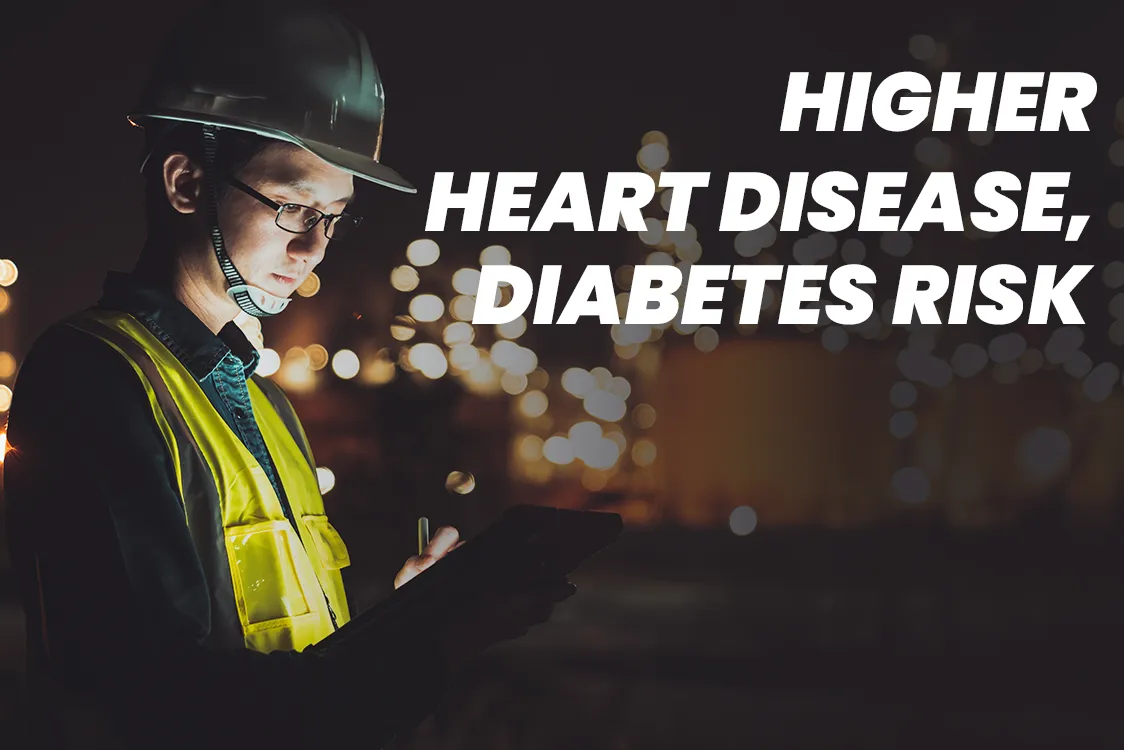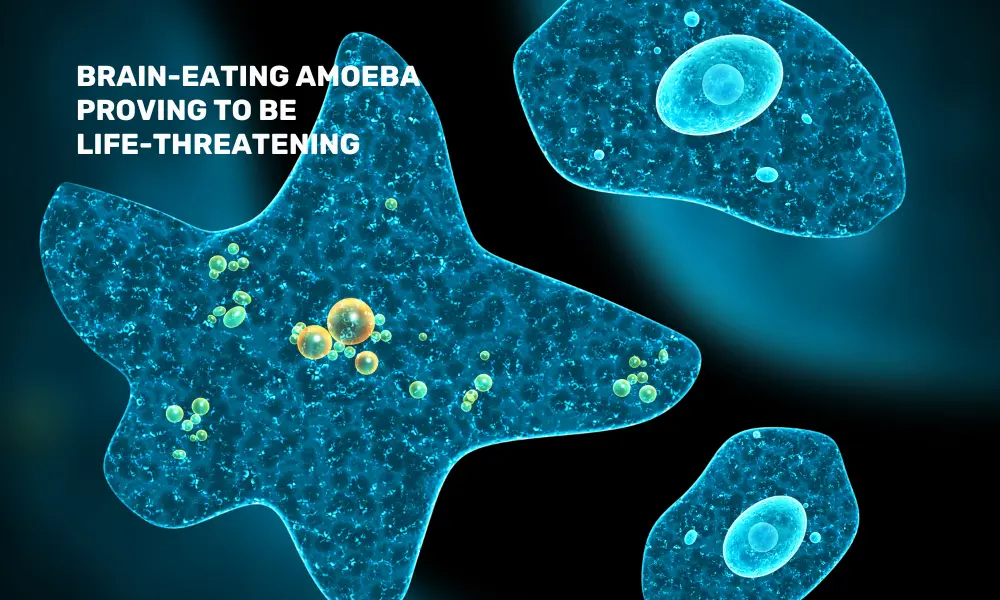Mumbai: In a sign of the Covid pandemic’s impact on mental health, the latest National Crime Records Bureau data shows the highest yearly suicide deaths in 2021.
Maharashtra suffered the greater burden, with 22,207 lives lost (13.5% of the total). A two-year comparison with pre-Covid 2019 indicated an 18% increase in suicides in India. According to the report, while 1.39 lakh suicides were recorded in 2019, the figure jumped to 1.53 lakh in 2020 and 1.64 lakh in 2021.
The economic impact of the pandemic was mirrored in the breakdown of suicide fatalities by profession: one-fourth of those who died by suicide in 2021 were wage workers. Self-employed or part-time traders were the second largest group (12.3%), with students accounting for 8% of the toll. A comparison of 2019 and 2021 revealed a significant increase in the percentage points of self-employed people who committed suicide (almost 26%). Similarly, 27% more students (13,089) committed suicide in 2021 than in 2019. (10,335).
“The latest NCRB data are disturbing,” said Dr. Anant Bhan of the Centre for Mental Health, Law, and Policy, just before World Suicide Prevention Day on September 10. Although 2021 saw the highest suicides, Dr.Bhan believes the figures are still underestimated. “This is based on police data, but there may be more,” he said.
“The sudden spike in suicides is a symptom of the post-Covid mental health epidemic that has struck individuals across India,” psychiatrist Dr. Harish Shetty said. “The fact remains that the poor remain invisible to policymakers across the country in the health sector,” he said. According to experts, they should use the data to highlight the triggers and societal determinants connected with suicide. “It is not enough to transfer monies. We must concentrate on building a comprehensive approach to mental health issues, “Dr. Bhan said. According to Dr. Shetty, the need of the hour is a conscious people’s movement, such as the Swachha Bharat Abhiyan.
According to former Sion dean Dr. Suleman Merchant, the reasons for suicide vary depending on age and gender. “In many situations, it is an urge rather than a result of chronic mental health concerns. At the moment, temporary unfavorable conditions appeared insurmountable. Everything appears to be lost. Can counter the impulse if someone is there for them, indicating that they care (even if it is merely to listen).”
According to Dr. Merchant, staying indoors during the lockdown contributed to such tendencies by depriving individuals of the sunshine vitamin, Vit D.
HELPLINE NUMBERS AASRA – We’re Here To Help. 91-9820466726





